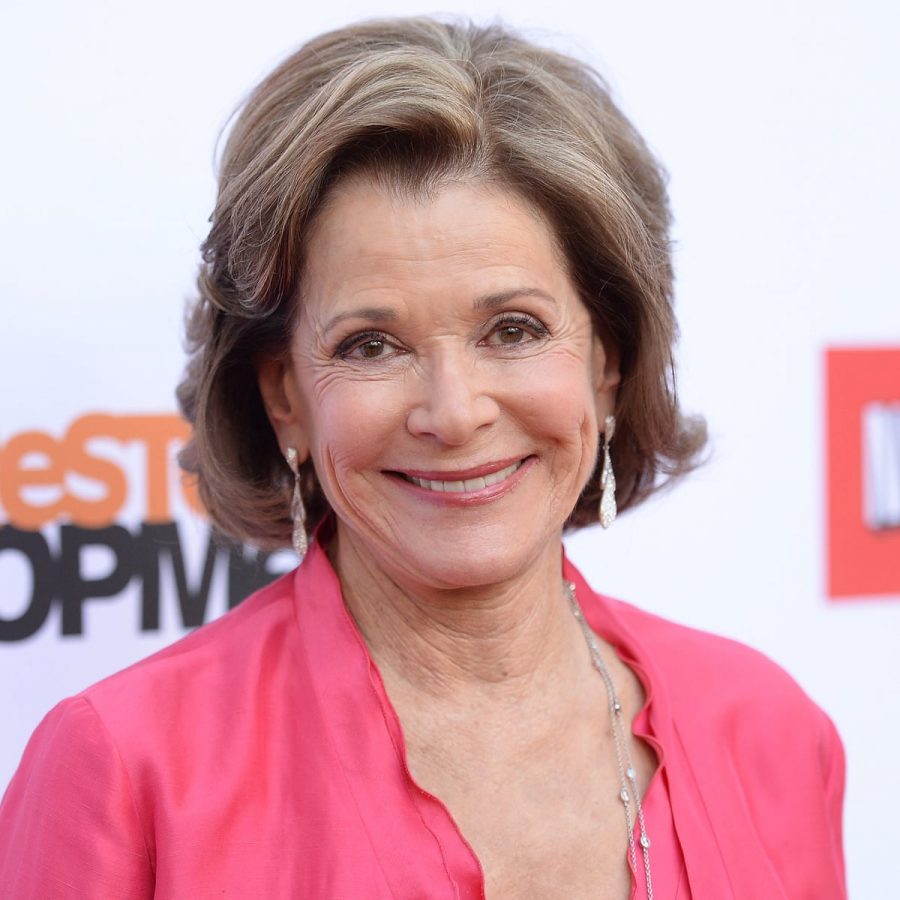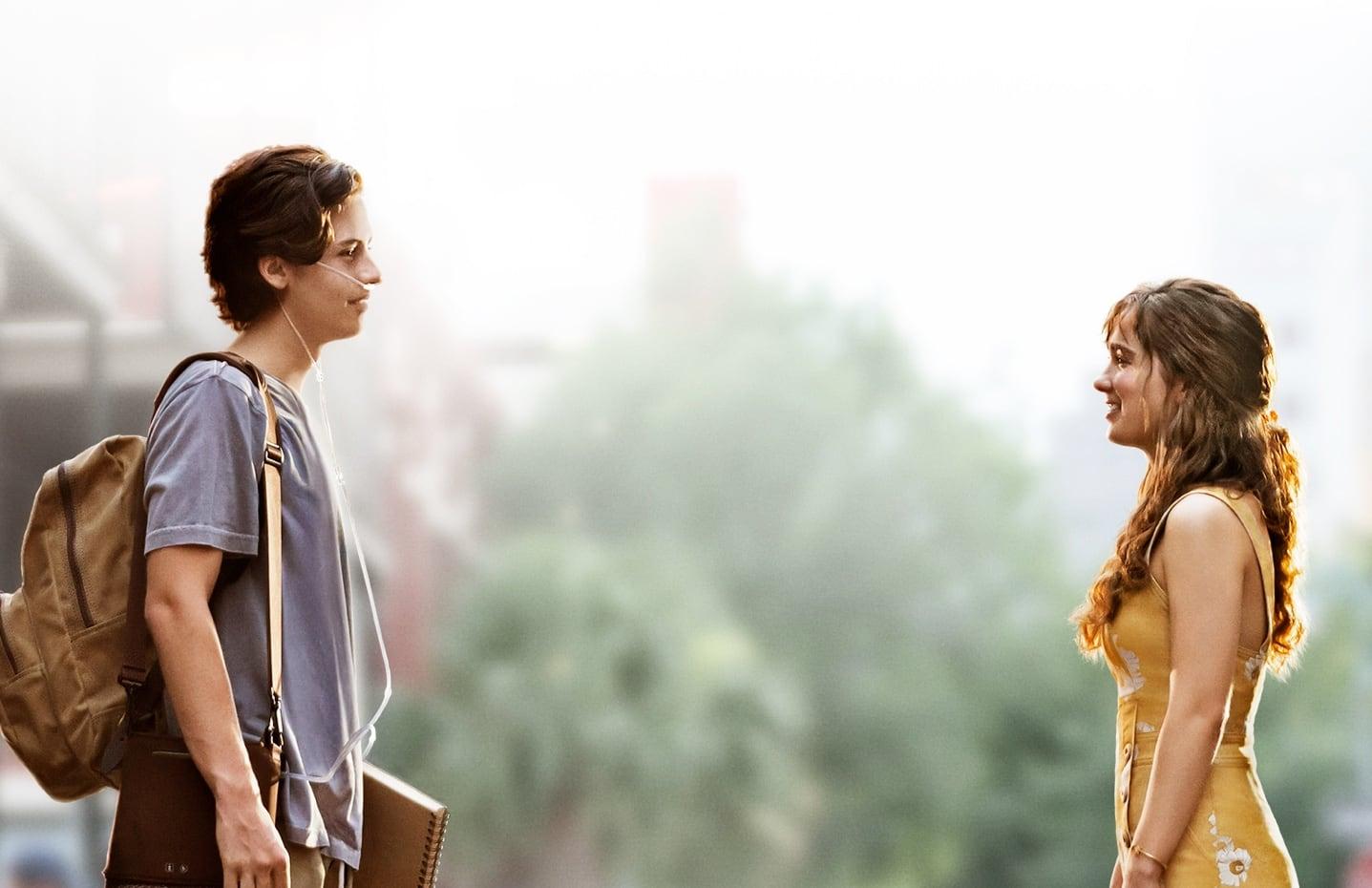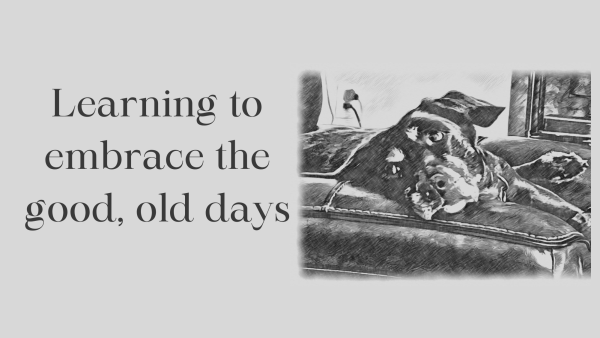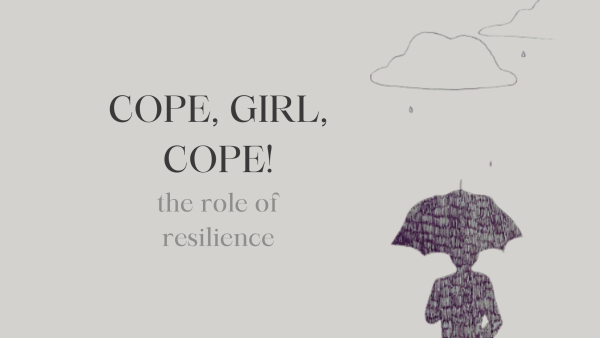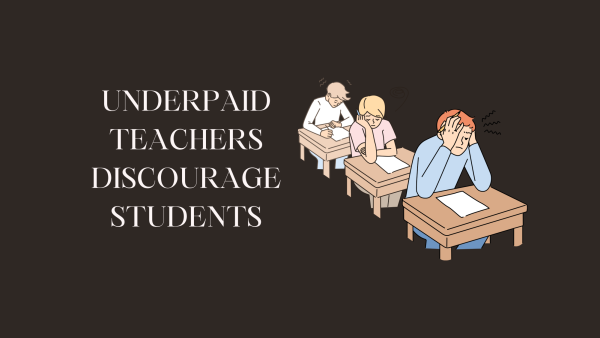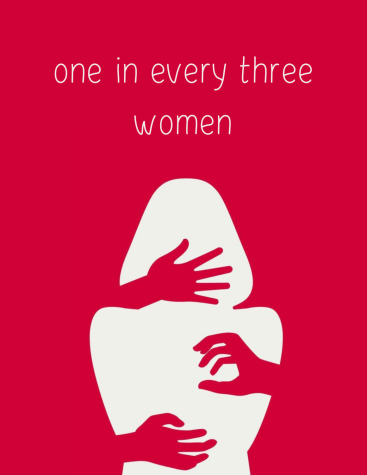Jessica Walter and the “good for her” cinematic universe
Why we need more unconventional women
April 19, 2021
This past March, the incomparable Jessica Walter passed away in her sleep at age 80. Walter was best known for her role as the hilariously narcissistic Lucille Bluth on the sitcom “Arrested Development”. Her portrayal of the character spawned iconic quotes such as “I don’t understand the question and I won’t respond to it,” and “I’d rather be dead in California than alive in Arizona.”
I seriously cannot stress enough the iconic-ness of Lucille Bluth. She’s just not like the other TV moms. Not sweet and caring like Kitty Forman, or hip like Lorelai Gilmore. Lucille is a glamorous, terribly selfish person, and viewers love her all the more for it. And it is for this reason that she has become the face of an emerging movie trope.
It’s not really so new, but not until “Arrested Development” has there been a quote that so perfectly sums it up. In one of the show’s most famously irreverent moments, Lucille utters the phrase “good for her” in reference to a woman on a television news report, and the phenomenon was born. For those who have not seen the show, I feel a great responsibility to paint this picture for you. There is a certain way of line delivery mastered by Jessica Walter: a disapprovingly raised eyebrow followed by the coldest, most passive-aggressive insult you’ve ever heard.
This unofficial movie genre is characterized by a female character “winning” in some way at the end of the movie.
After doing extensive research on Twitter, I have gathered that “The Witch,” “Knives Out,” and “Gone Girl” all fall into this category. Having seen these three movies, I can confidently say that they have almost nothing in common. The one thing they do share is a haunting final shot of their heroines (or antiheroines) having prevailed over their conflicts and made it to the end of the movie. The women in these movies bring out my inner Lucille: suddenly I’m wearing a beige pantsuit with a giant brooch, and there are only three words in the English language that could possibly describe my reaction. Good. For. Her.
Now, in most of these cases, it’s actually not so great for her. Without giving too much away, I will say that there is almost always a huge problem being overshadowed by those fleeting moments of triumph. It’s like a twisted new version of the “final girl” trope in horror movies. Yeah, it’s super great that she survived the slasher, but that poor girl is going to have some serious trauma to work through. If it’s actually kind of bad for her or those around her, then why is it so satisfying to watch?
I have lain awake many nights pondering this, and have now come to my conclusion: the world has already seen plenty of complex male characters.
Maybe he degenerates into villainy like Micheal Corleone in “The Godfather,” or becomes obsessed like Andrew in “Whiplash,” or maybe he’s swaggering and morally ambiguous like Jack Sparrow in “Pirates of the Caribbean.” The point is well-written male characters are a dime a dozen.
Female characters, however, are often reduced to one-dimensional love interests. Seriously ladies, when is it our turn for a Joker-esque character arc? I’m totally kidding about that, but I do believe the idea of a “good for her” cinematic universe has gained traction because it’s exciting to see women finally having their moment in film. In nearly one hundred years of the Academy Awards, 2021 is the very first time that more than one woman has been nominated for the Best Director award.
Of course, I might be reading too much into an online sensation that’s more or less just an excuse for social media users to post their favorite picture of Florence Pugh in “Midsommar.” But even if there is no profound value in a movie like “Gone Girl,” it’s still extremely entertaining to see Rosamund Pike go absolutely nuts in the role. I also think it’s weirdly fitting that the character of Lucille Bluth inadvertently coined a phrase that would go on to define a type of movie.
The late Jessica Walter had a prolific career playing unconventional women, so it’s perfect that one of her characters would be the matriarch at the head of a trend in questionable heroines.
Sadie Dallas is a junior at Emmaus High School. 

